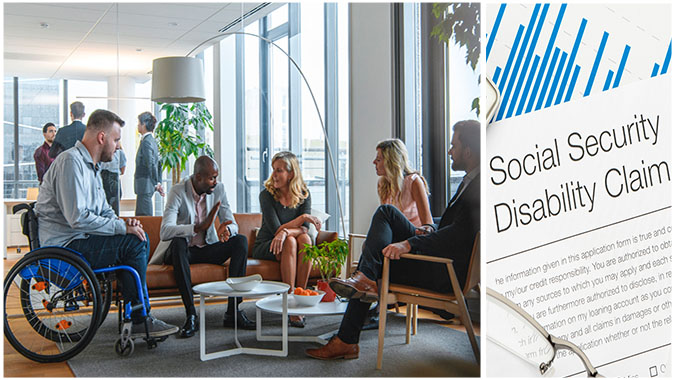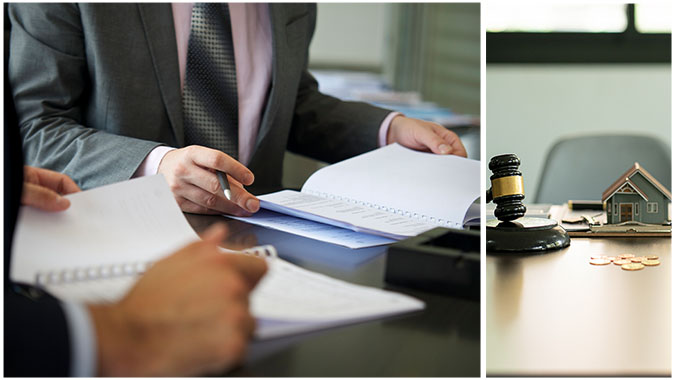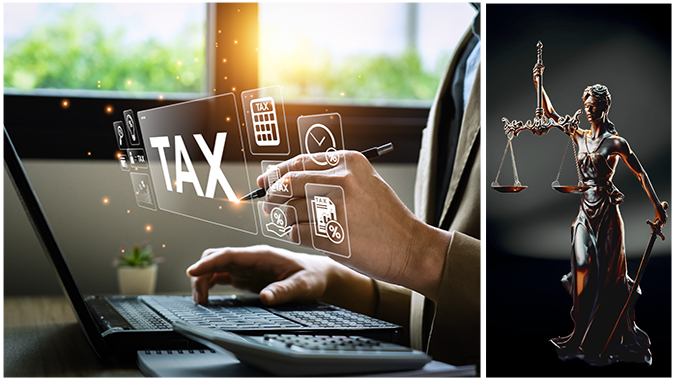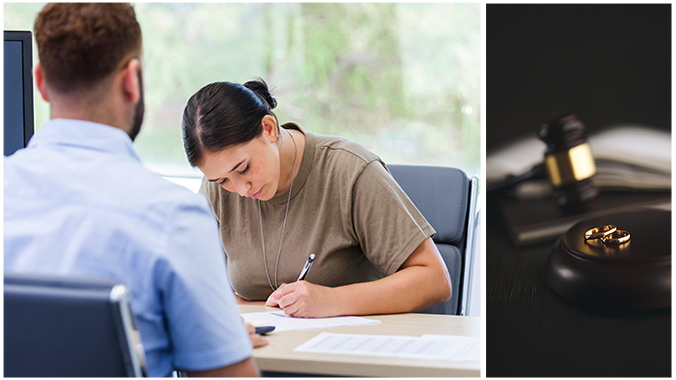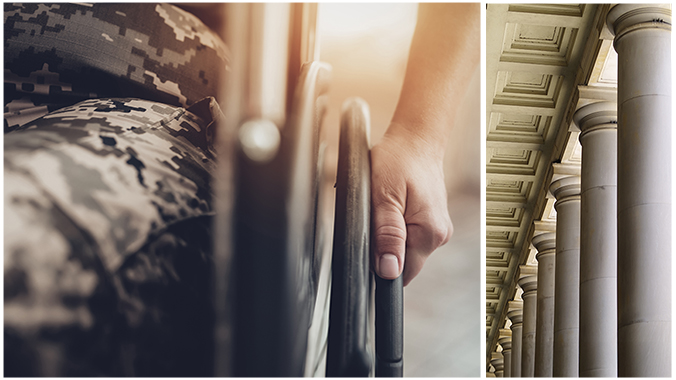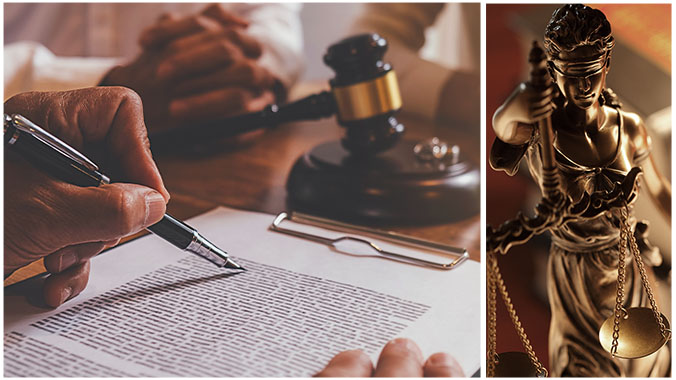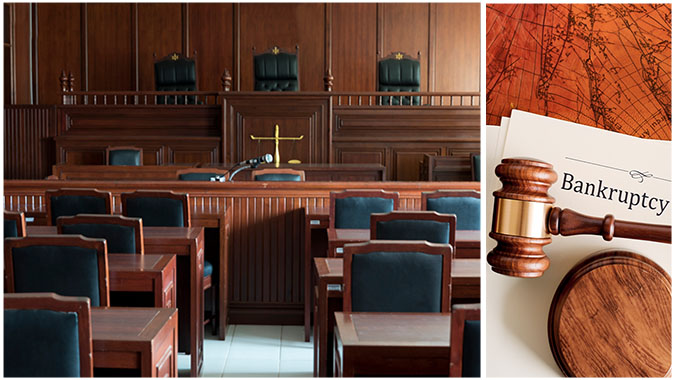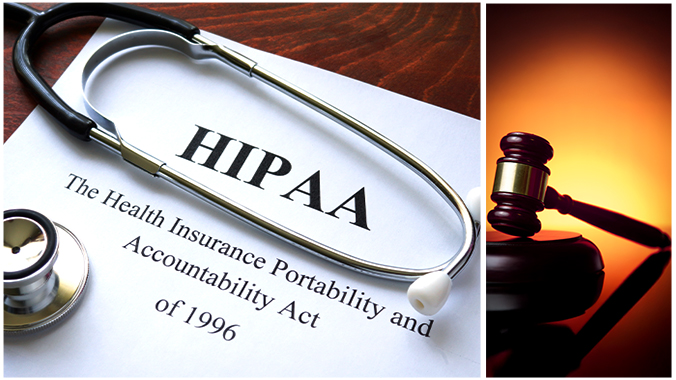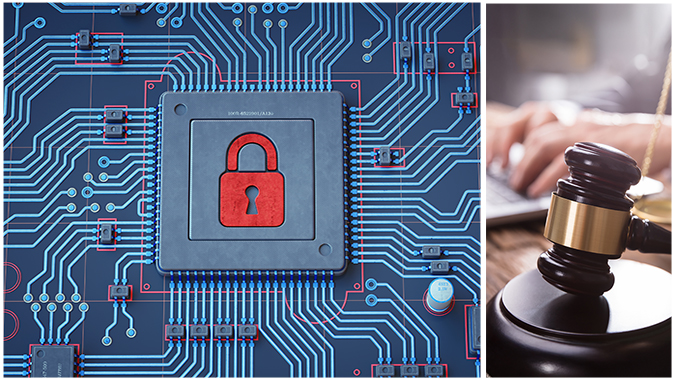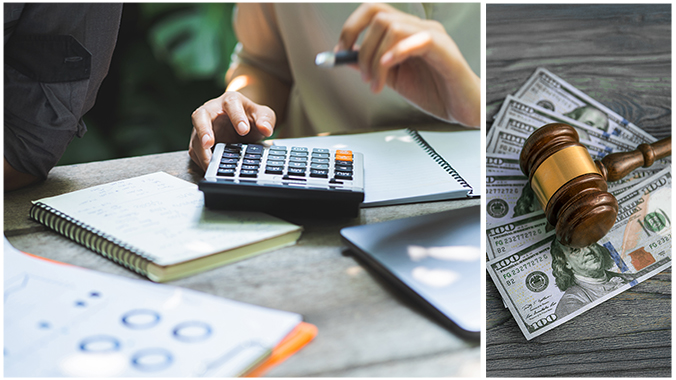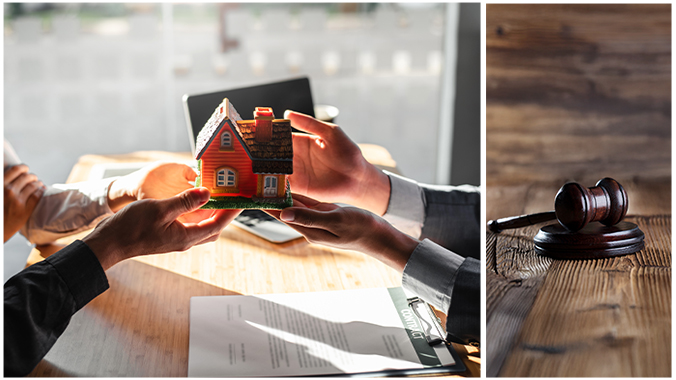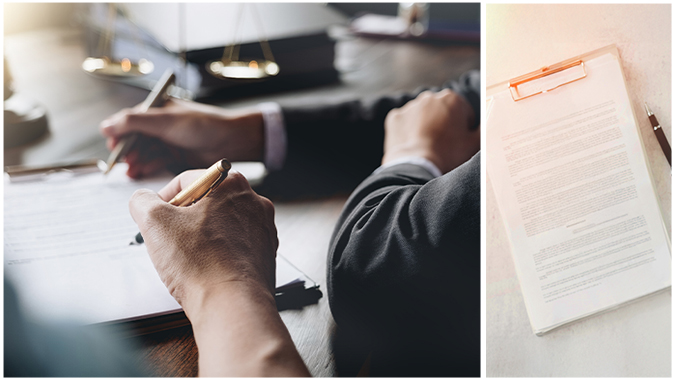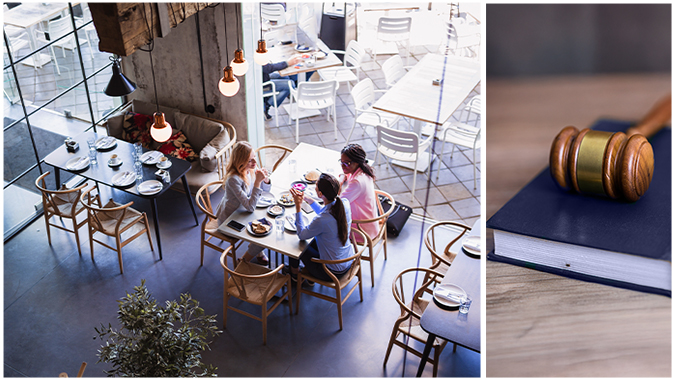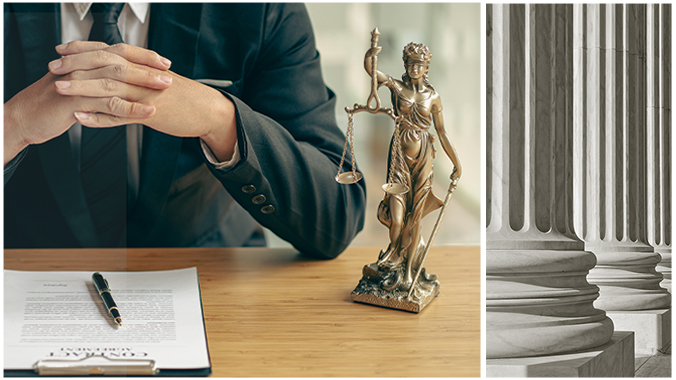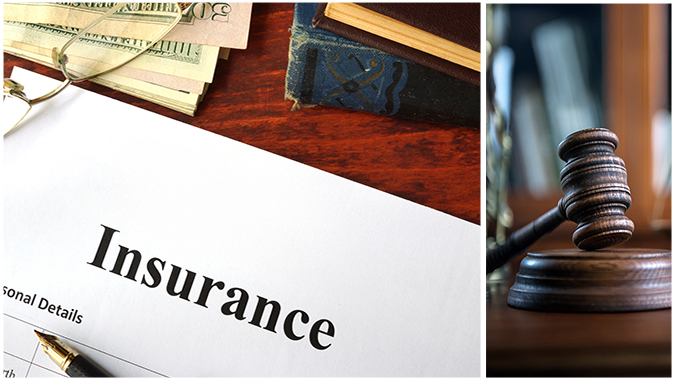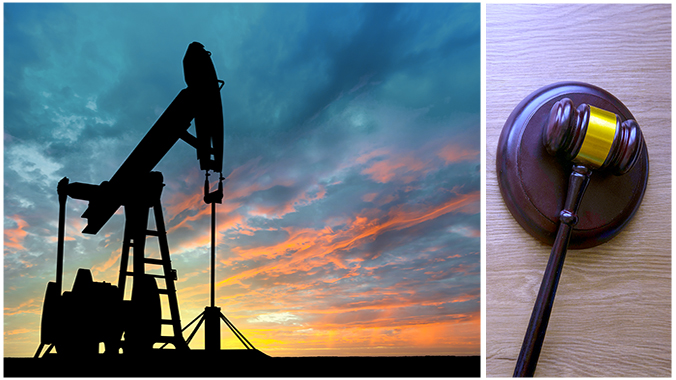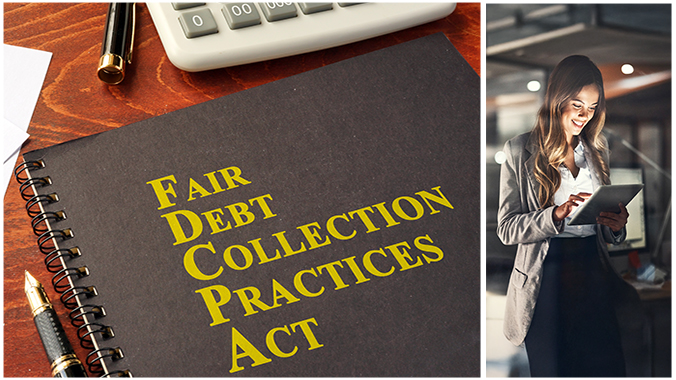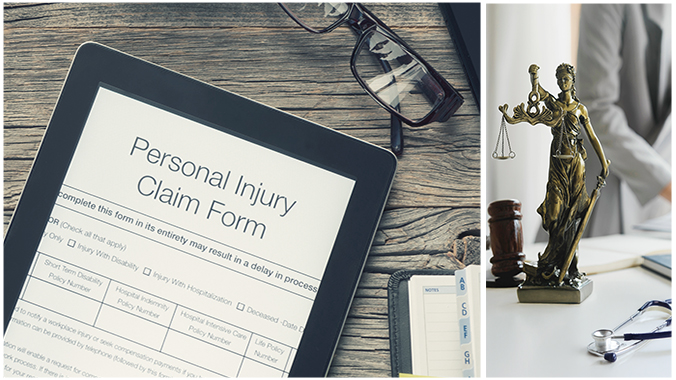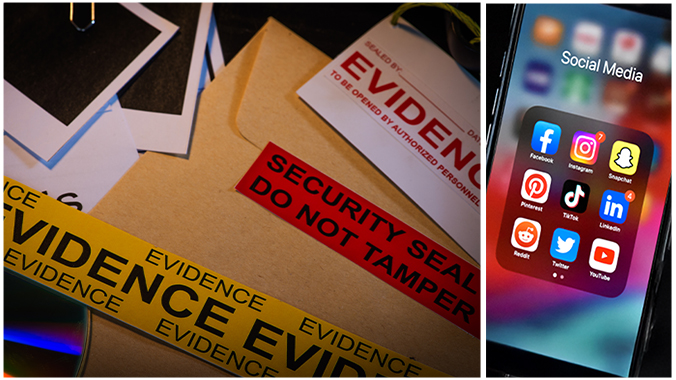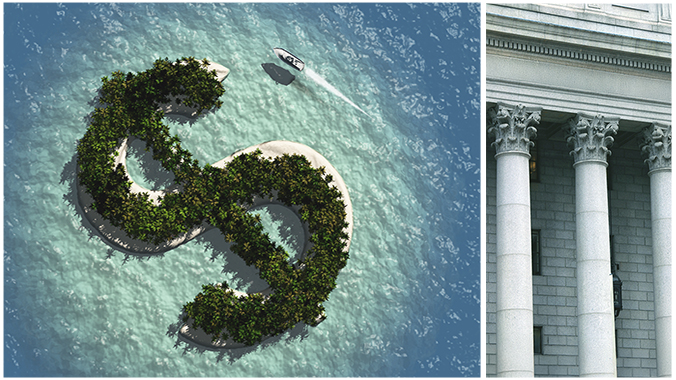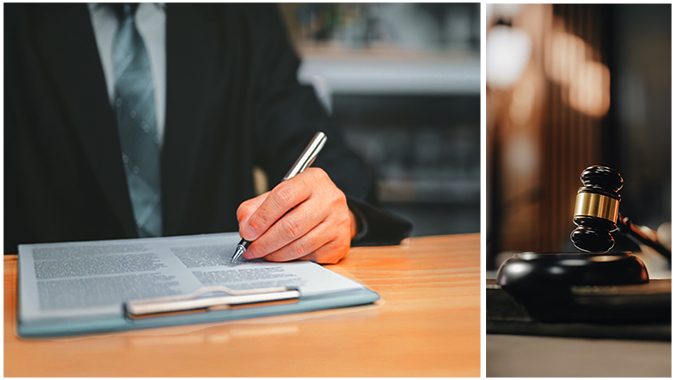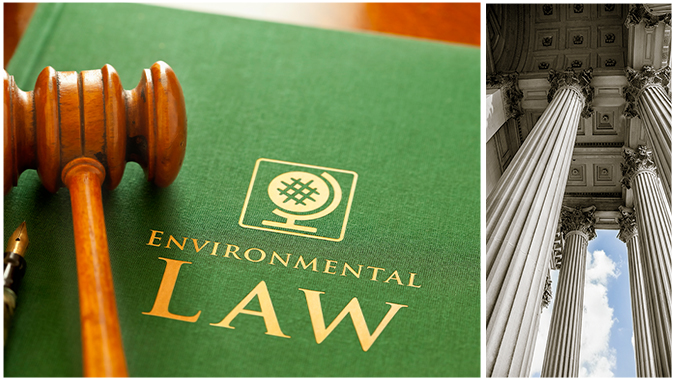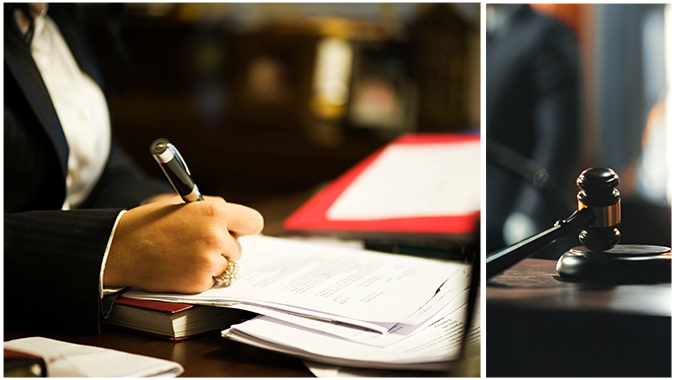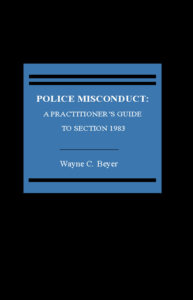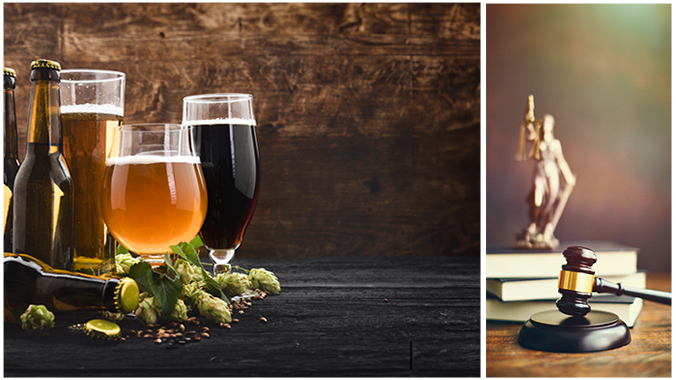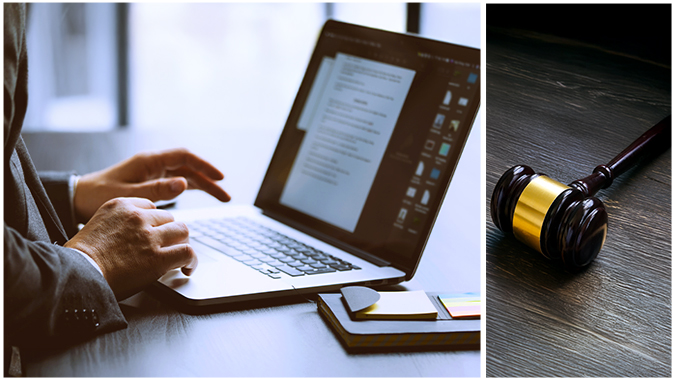Discovery, Evidence, and Motions Practice under Section 1983 Police Liability
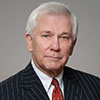
Wayne C. Beyer is an experienced trial lawyer, author, presenter, and former federal official and administrative appeals judge.
On-Demand: September 7, 2023
Subscribe to Federal Bar Association CLE Pass...
Co-Sponsored by myLawCLE
Get this course, plus over 1,000+ of live webinars.
Learn More
MCLE Credit Information:
Select Your State Below to View CLE Credit Information
Tuition: $195.00
Training 5 or more people?
Sign-up for a law firm subscription plan and each attorney in the firm receives free access to all CLE Programs
Program Summary
This practical webinar will cover three main topic areas that are at the core of any successful police misconduct practice under 42 U.S.C. § 1983. First, discovery: what law enforcement files are kept, which ones the plaintiff should request and how the defense can protect them, including incident reports and investigations, officer personnel files, and Monell custom and policy related files; and a checklist of discovery the defense should obtain from the plaintiff. Second, evidence: 15 evidentiary issues, including admissibility of the plaintiff’s previous contacts with police, prior citizen complaints and officer discipline, results of the investigation, and failure to follow better alternatives like de-escalation; plus, five evidentiary issues relating to testimony of police practices experts. Third, the top 10 motions for the plaintiff or the defense to file, covering three involving discovery, motions to dismiss and summary judgment, pretrial motions in limine or to bifurcate individual and municipal liability claims, motions at trial and post-trial under Federal Rules 50 and 59, and petitions for fees for prevailing plaintiffs.
Attorneys for both plaintiffs and the defense will be able to:
This course is co-sponsored with myLawCLE.
Key topics to be discussed:
- Identify, obtain, or protect discovery regarding police investigations and claims of privilege, party and non-party police personnel files, and potentially burdensome discovery regarding unconstitutional practices, policies, and customs
- Prepare for evidentiary issues that will affect your case, such as the plaintiff’s criminal record; how much of the incident investigation will be admitted into evidence; prior complaints, discipline, even termination of police officer defendants; whether local or national standards of police procedure will be discussed, and allowed as evidence; whether the jury will be permitted to consider better alternatives, such as de-escalation; and why demonstrations are admitted but reenactments frequently are not
- Understand the limits of expert testimony, whether the police practices expert must testify according to national standards or can rely on personal experience and training; whether the
expert can find facts, assess credibility, address the ultimate issue of liability, and testify that violations in accepted procedure caused the incident - Know when to file motions to dismiss and for summary judgment and the governing standards; motions to stay, protect, compel discovery; pre-trial motions for admit or exclude evidence; the must-make Federal Rule 50(a) argument; and what can be argued post-trial under Rule 50(b) and Rule 59
- What a prevailing plaintiff’s fee petition under § 1988 should contain, and the defense’s best arguments for opposing it
Police Misconduct: A Practitioner’s Guide to Section 1983
Publisher discount exclusive to myLawCLE course viewers. Publication details here.
Date / Time: January 17, 2024
![]() Closed-captioning available
Closed-captioning available
Speakers
 Wayne C. Beyer
Wayne C. Beyer
Wayne C. Beyer is an experienced trial lawyer, author, presenter, and former federal official and administrative appeals judge. Mr. Beyer has been lead counsel in 300-350 police misconduct and corrections cases and dozens of jury trials as assistant corporation counsel (later called assistant attorney general) for the District of Columbia, and before that as outside counsel to New Hampshire’s Property and Liability Insurance Trust.
He is the author of law review and magazine articles and the leading 1540-page treatise and handbook Police Misconduct: A Practitioner’s Guide to Section 1983 (JURIS 2018), available at a discount to attendees of this program at http://www.jurispub.com/Bookstore/Civil/PoliceMisconduct.html In addition, he has been a presenter on § 1983 at national programs for Georgetown University Law Center, the Defense Research Institute, the American Bar Association, the Federal Judicial Center (for District and Magistrate Judges), and about 65 national webinars. Mr. Beyer is a member of the N.H. and D.C. Bars and holds degrees from Dartmouth College, Harvard University, and Georgetown University Law Center. He can be reached at [email protected]; (603) 356-5106
Agenda
I. Identify, obtain, or protect discovery regarding police investigations and claims of privilege, party and non-party police personnel files, and potentially burdensome discovery regarding unconstitutional practices, policies, and customs | 2:00pm – 2:30pm
II. Prepare for evidentiary issues that will affect your case, such as the plaintiff’s criminal record; how much of the incident investigation will be admitted into evidence; prior complaints, discipline, even termination of police officer defendants; whether local or national standards of police procedure will be discussed, and allowed as evidence; whether the jury will be permitted to consider better alternatives, such as de-escalation; and why demonstrations are admitted but reenactments frequently are not | 2:30pm – 2:50pm
III. Understand the limits of expert testimony, whether the police practices expert must testify according to national standards or can rely on personal experience and training; whether the expert can find facts, assess credibility, address the ultimate issue of liability, and testify that violations in accepted procedure caused the incident | 2:50pm – 3:00pm
Break | 3:00pm – 3:10pm
IV. Know when to file motions to dismiss and for summary judgment and the governing standards; motions to stay, protect, compel discovery; pre-trial motions for admit or exclude evidence; the must-make Federal Rule 50(a) argument; and what can be argued post-trial under Rule 50(b) and Rule 59 | 3:10pm – 3:35pm
V. What a prevailing plaintiff’s fee petition under § 1988 should contain, and the defense’s best arguments for opposing it | 3:35pm – 3:40pm
Preview
More CLE Webinars
Trending CLE Webinars
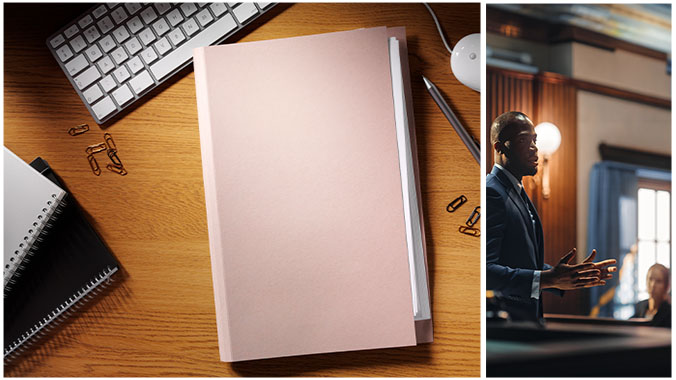
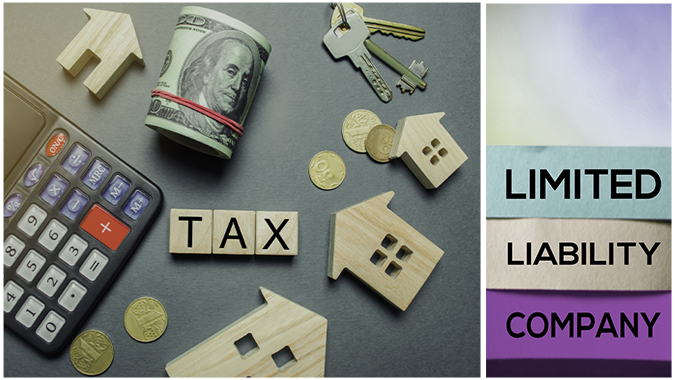
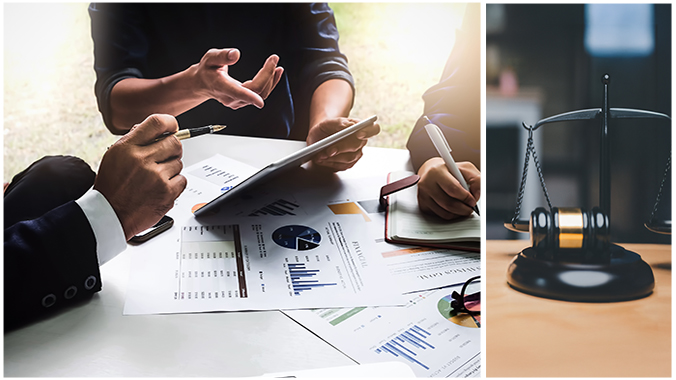







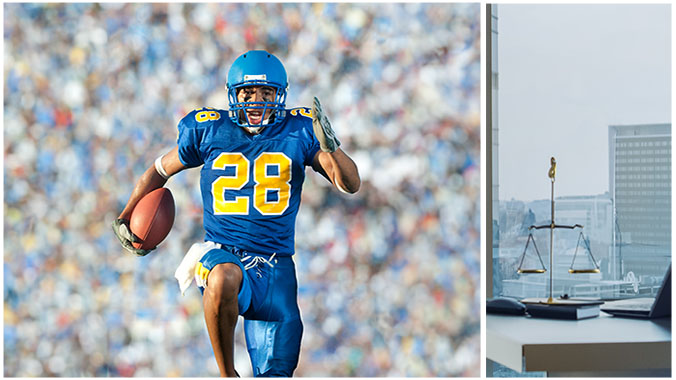

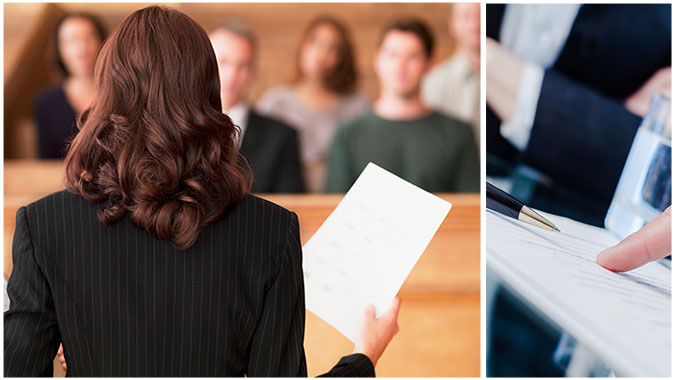
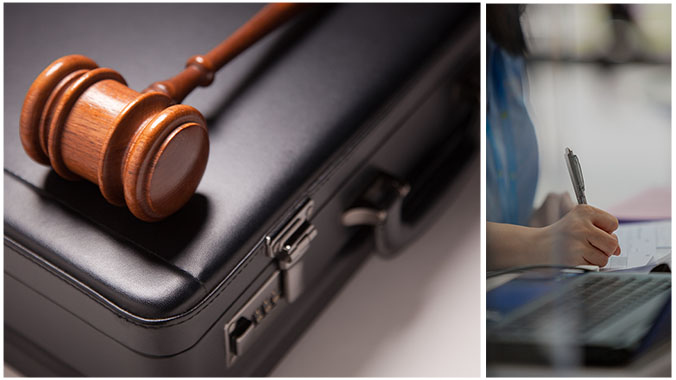
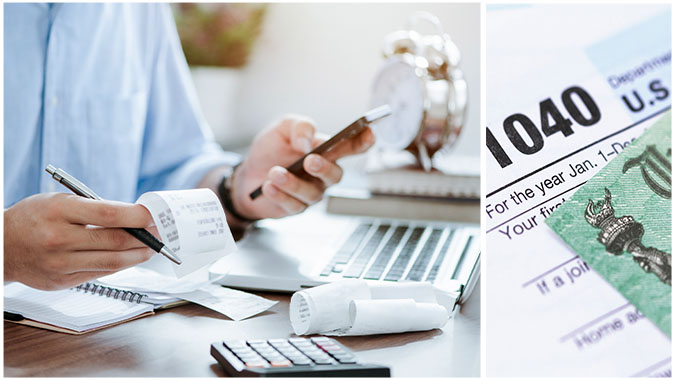
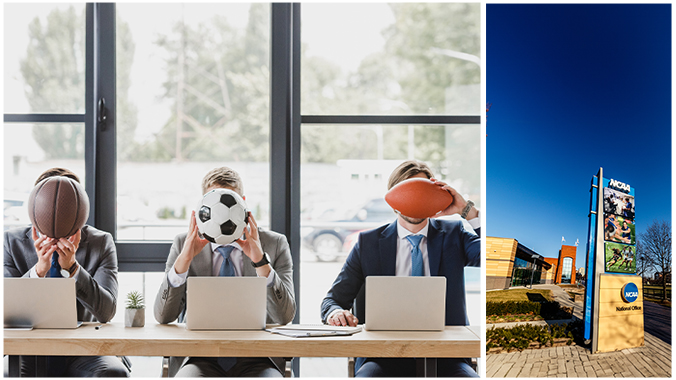

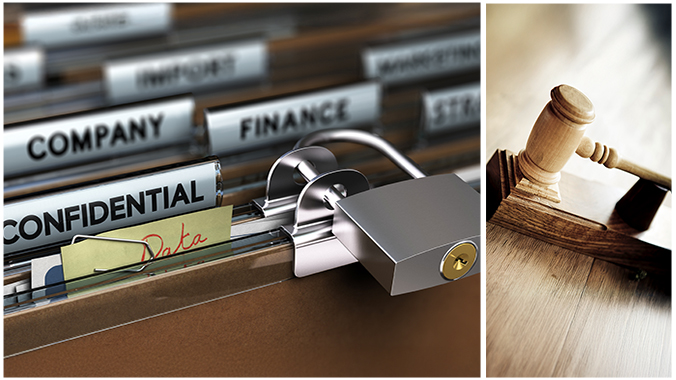
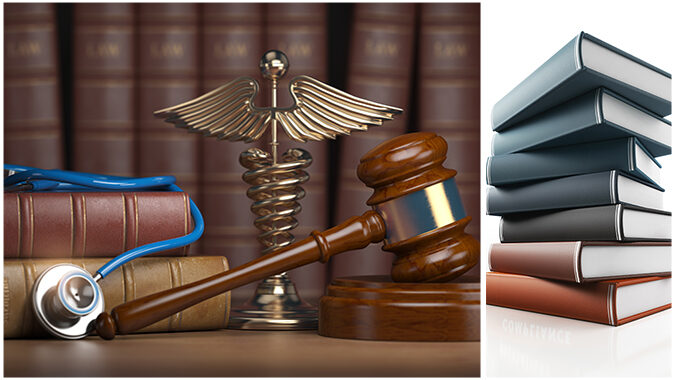
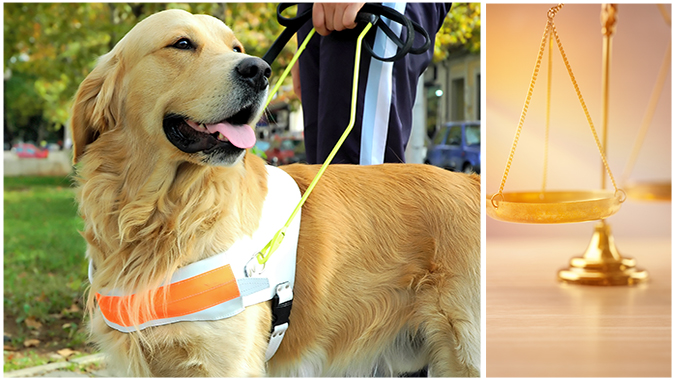
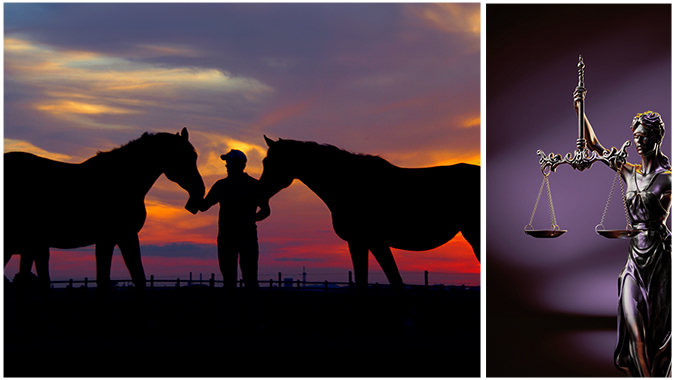

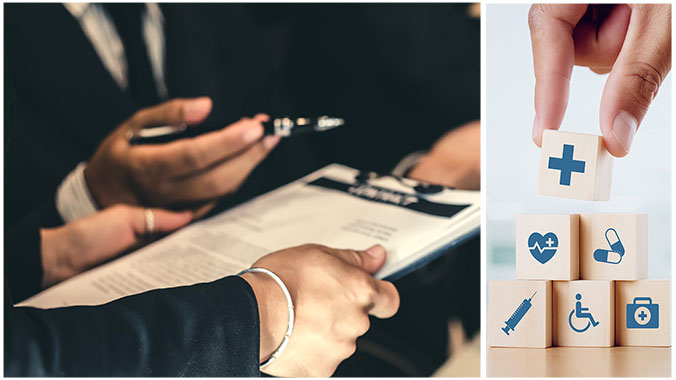
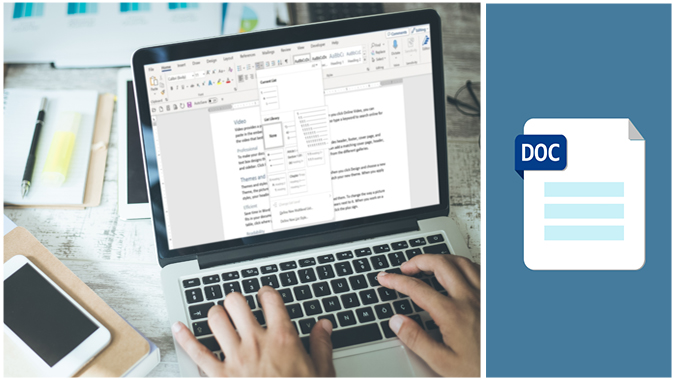


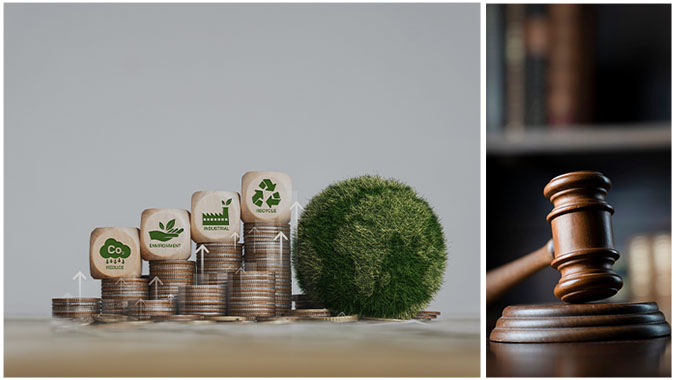
Upcoming CLE Webinars
![4th Annual Tax Rep Summit [4-Day Event]](https://federalbarcle.org/wp-content/uploads/2024/09/4th-Annual-Tax-Rep-Summit_myLawCLE.jpg)


